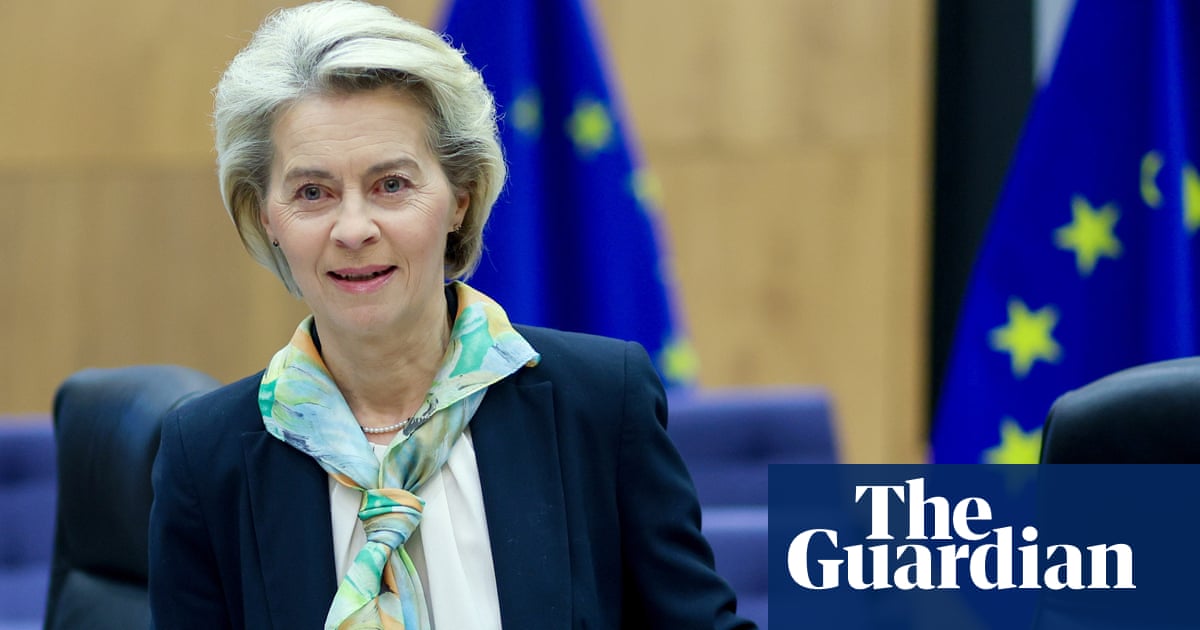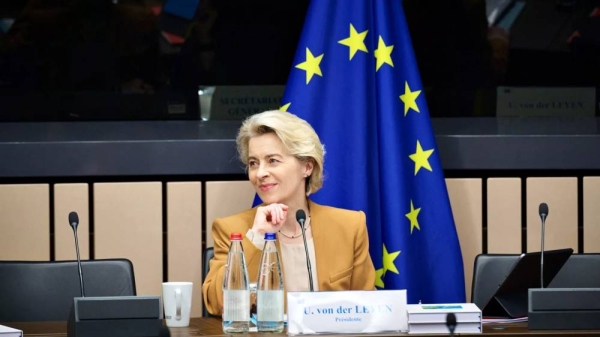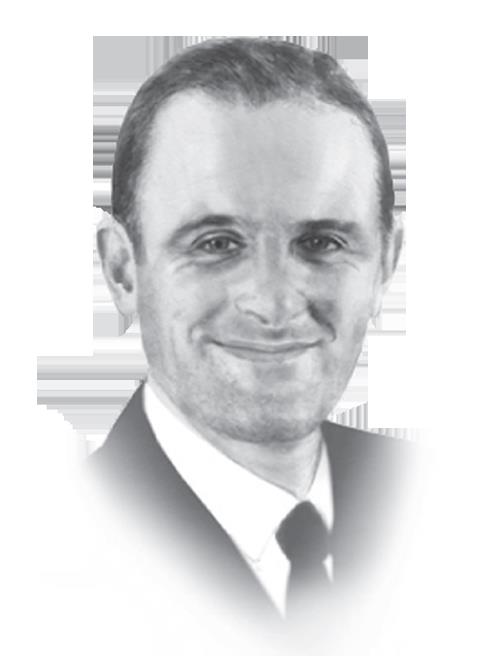
Incoming European Commission President Ursula von der Leyen has stayed true to her word. She said she would aim for gender parity when she was appointed to head the organization, and 13 of the 27 commissioners she proposed on Tuesday are women. Outgoing President Jean-Claude Juncker had also promised an equitable distribution of portfolios between men and women, but he failed to deliver.
Von der Leyen also kept her promise when it came to new focal points and the direction of travel. She has eight vice presidents and three executive vice presidents with powers to oversee vast portfolios. Former Dutch Foreign Minister Frans Timmermans is the new first executive vice president in charge of the environment and climate change. He faces the mammoth task of turning Europe into the first carbon dioxide-neutral continent and, as such, will become an important interlocutor for countries and companies who rely on oil, gas and coal production.
Margrethe Vestager will oversee all things digital, while keeping the competition portfolio (she made a name for herself beyond the borders of Europe when she advocated that US tech giants should be taxed where they generate their profits and not in offshore tax havens, which earned her the wrath of US President Donald Trump). The third executive vice president is former Prime Minister of Latvia Valdis Dombrovskis, who will be in charge of financial services, which is particularly important in the light of London, Europe’s largest financial center, leaving the EU.
These nominations show that Von der Leyen was serious when she promised a comprehensive strategy to address climate change and a new focus on Europe’s digital agenda. She also made a clever move, as both Vestager and Timmermans had been vying for her portfolio. Timmermans was even one of the two “Spitzenkandidaten” (lead candidates) proposed for the top job by the European Parliament. In a consensus-driven organization like the EU, it is always better to opt for a strategy of inclusiveness.
Von der Leyen put the outgoing Irish commissioner for agriculture, Phil Hogan, in charge of trade. That again will be crucial in terms of the Brexit negotiations, as Ireland stands to lose the most among all the EU member states from the fallout of Brexit. Von der Leyen promised that Hogan would be a fair but tough negotiator.
The incoming European Commission president Ursula von der Leyen made a clever move, as both Margrethe Vestager and Frans Timmermans had been vying for her portfolio.
Cornelia Meyer
In a nod to Von der Leyen’s strongest supporter, Emmanuel Macron, who wants to see much stronger European cooperation in defense matters, the newly proposed commissioner for technology and artificial intelligence has added competencies for defense and space. Therefore it comes as little surprise that the portfolio should go to a Frenchwoman, the former deputy governor of Banque de France and former MEP Sylvie Goulard.
Paolo Gentiloni, a former Italian prime minister and foreign minister, is slated to become the new commissioner for the economy. This raised quite a few eyebrows because he is in charge of overseeing member countries’ fiscal discipline, but budgetary discipline has not been the forte of any recent Italian government, to put it very mildly.
The iconic German daily newspaper Frankfurter Allgemeine Zeitung showed how fed up the remaining 27 EU countries are with the never-ending Brexit saga. The UK is slated to leave on Oct. 31, which is why they did not nominate a commissioner. All 27 proposed commissioners had their mugshots in the paper, while slot 28 depicted an English breakfast: Sausage, baked beans and a fried egg.
The new commission looks balanced in terms of gender, party affiliation and nationality. The proposed candidates will be grilled by the European Parliament and the new commission will have to be approved in October in order to be able to start work on Nov. 1.
Getting a commission through Parliament has never been plain sailing in the history of the EU. One or two candidates have always had to be substituted and it will be no different this time. The weak points include Poland’s Janusz Wojciechowski, who spearheaded the erosion of the rule of law in his country when he was justice minister. Furthermore, Goulard and Wojciechowski have investigations over the misappropriation of EU funds hanging over them.
We can expect that several EU parliamentarians still feel bruised after the national leaders went over their heads in choosing Von der Leyen over their proposed Spitzenkandidaten. In that sense, it was a brilliant move on her part to nominate one of them, Timmermans, as her de facto deputy. The other one, the Bavarian Manfred Weber, will head up the European Parliament in two years’ time.
Overall, the proposed commission looks well balanced and appointed with a view to fulfilling the promises of delivering on the digital and climate change agendas. Von der Leyen has also promised to curtail the sprawling bureaucracy and legal labyrinth by abolishing one existing law for each new one that is passed.
The process of nominating a commission and getting it through Parliament may look bureaucratic and long-winded. It is certainly not straightforward. However, the EU is like any big family, where jostling for relative power and balancing the needs of the various siblings are daily occurrences.












